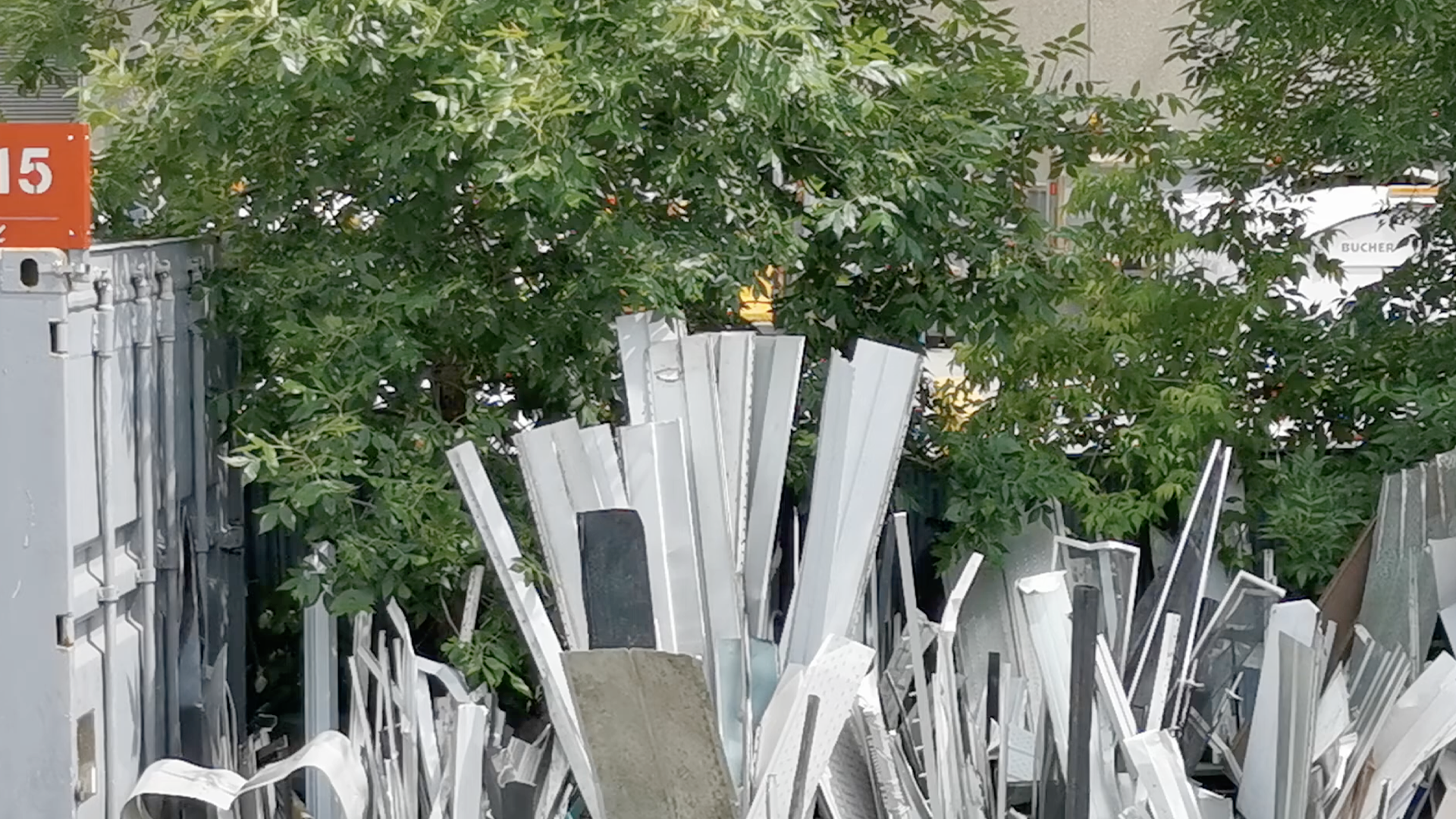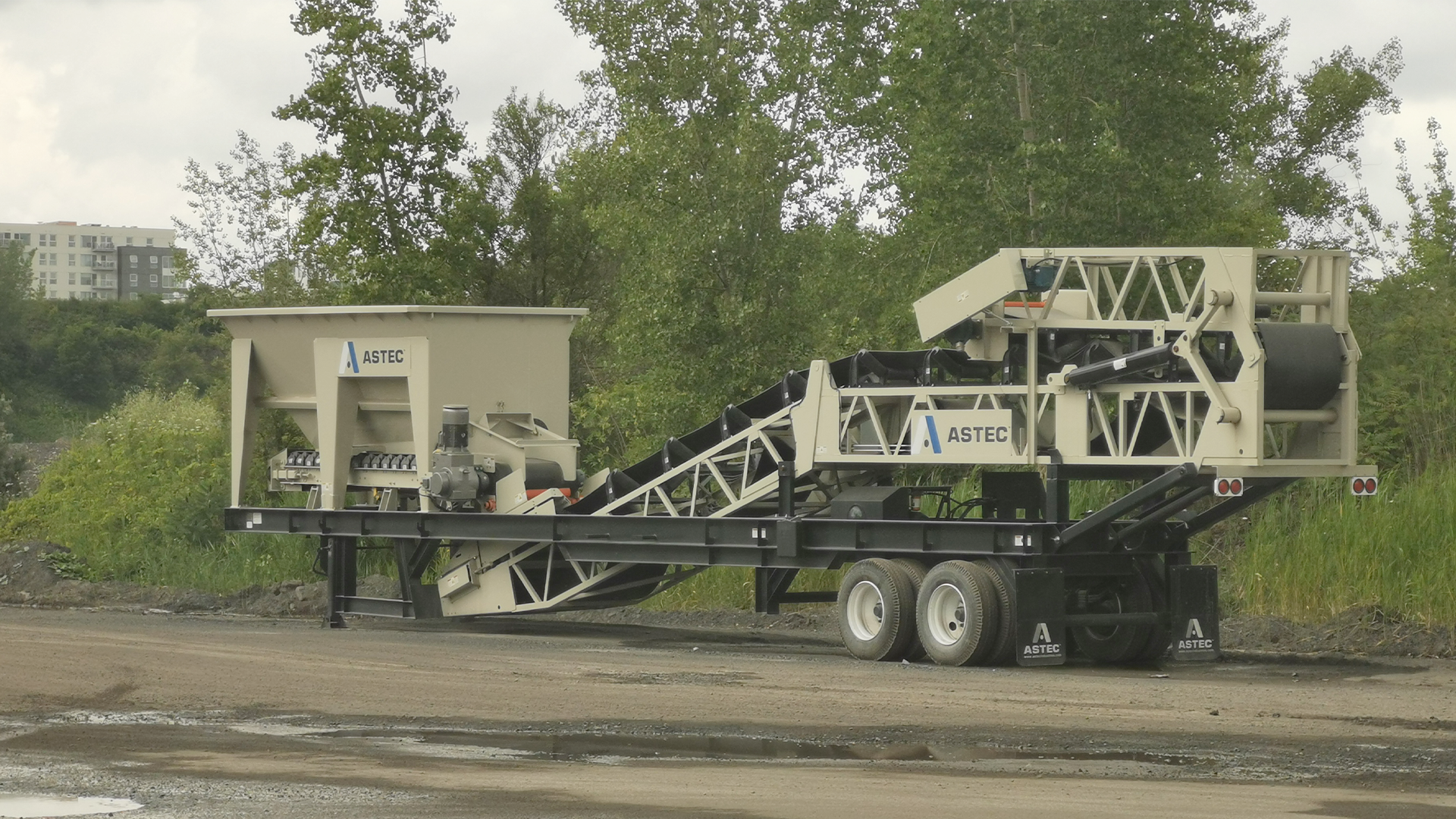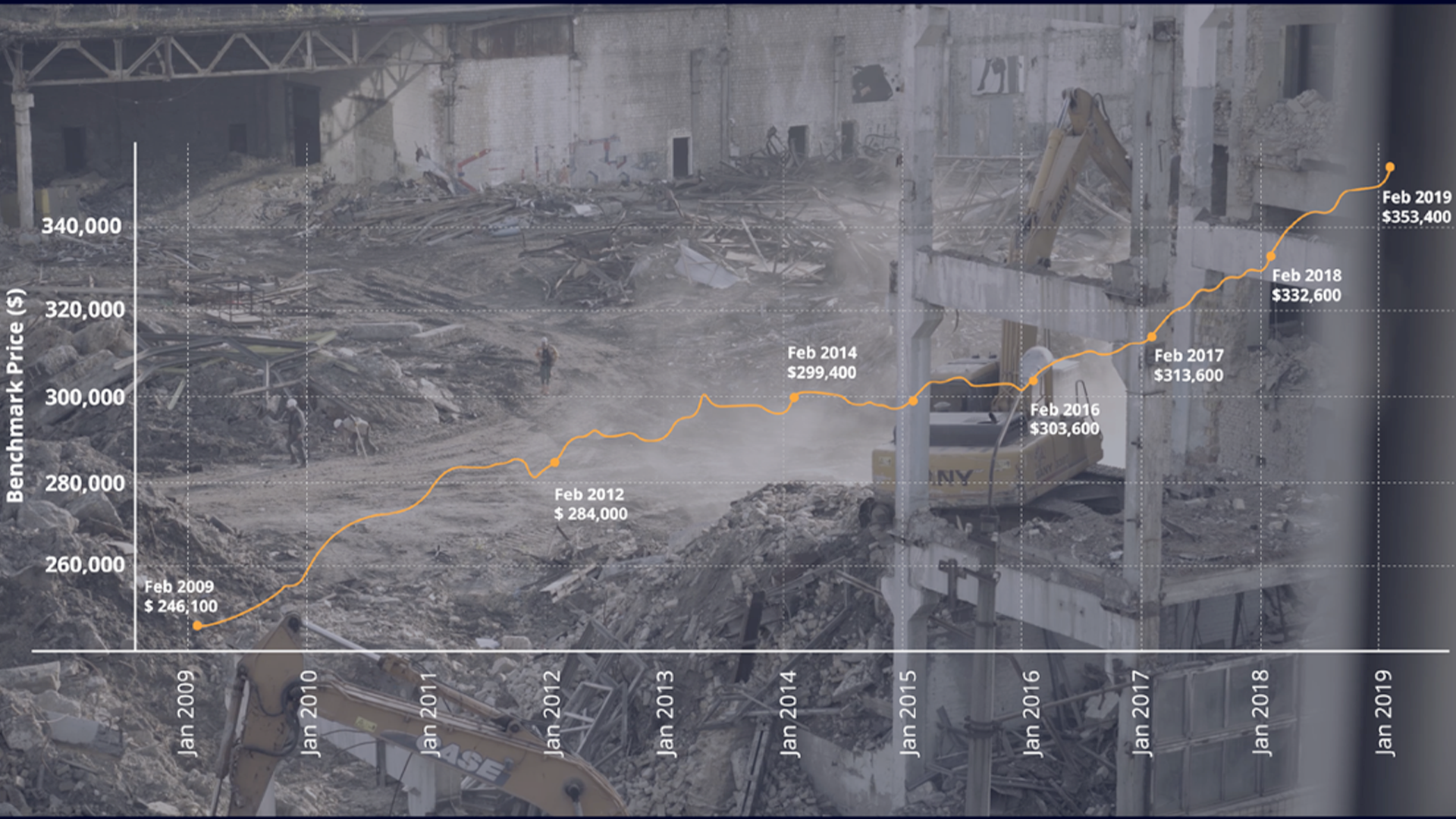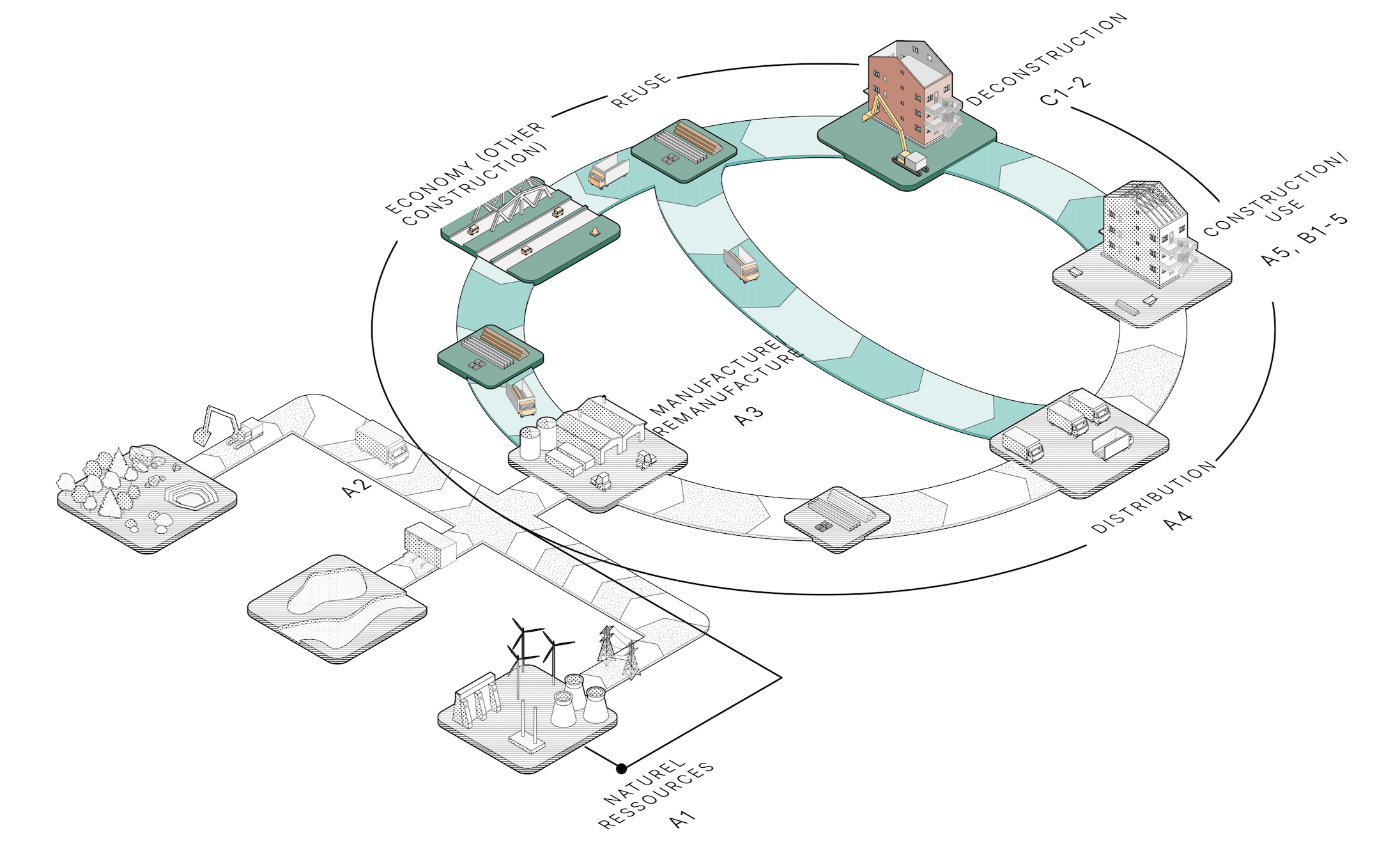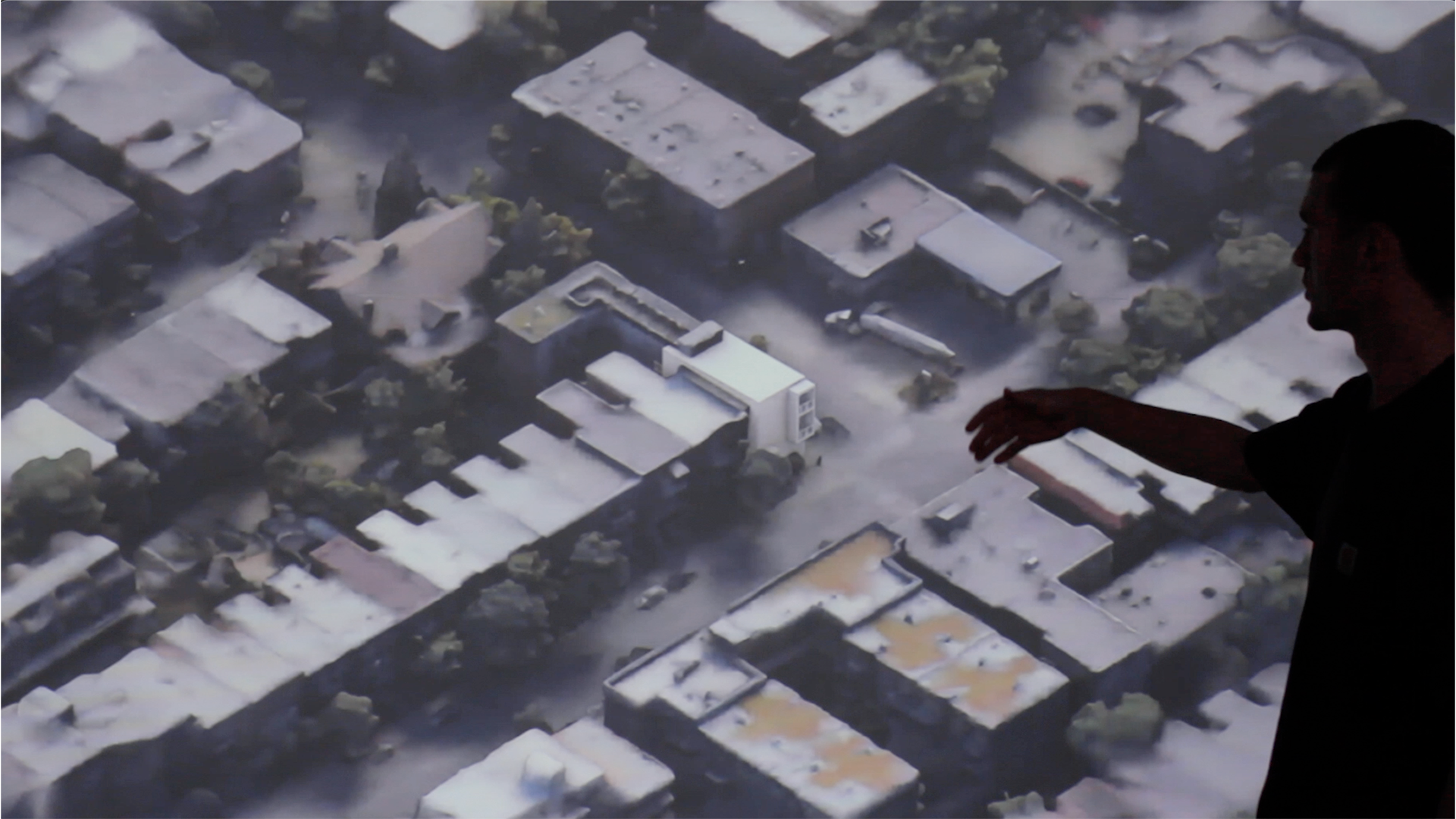Circular Economy Design towards Zero Waste: Laying the foundation for constructive stakeholder engagement on improving construction, renovation andemolition (CRD) waste management
The city of Montréal is one of many cities worldwide who strive to cut the amount of waste they generate and advance towards zero waste in an effort to meet the Paris Agreement goals. Construction, renovation and demolition (CRD) waste is a major contributor to urban waste streams but also an area where waste diversion and innovative waste management approaches could deliver significant reductions in waste. One such promising approach is that of circular economy which envisions a future where CRD waste is designed-out of the built environment by keeping construction materials in use. This research project seeks to answer three questions: (1) How best can CRD waste be eliminated?; (2) Which circular economy principles and methods could be effective in ensuring sustainable CRD material management and implementation for Montréal?; and (3) What kind of stakeholder partnerships are necessary to advance towards zero CRD waste?
These questions are in keeping with key principles outlined in Montréal’s master plan, titled « Montréal, objectif zéro déchet », to guide and enable CRD waste recovery. These principles involve (1) stimulating a circular economy and (2) mobilizing relevant stakeholders. To advance these principles, accessible and reliable data on the current status of CRD waste in Montréal is necessary. However, existing and emerging literature in the area of circular waste management is typically siloed, disconnected and fragmented making it difficult to access and therefore, to assist with informed, evidence-based decision-making. Data visualization offers a powerful potential means to create engagement with this data by relevant stakeholders.
However, before we can visualize and invite engagement with the relevant data we must first collect and organize it. This project will collect pilot data through a variety of methods: (1) a detailed literature review and a series of surveys and semi-structured interviews with policymakers, designers, contractors, end-of-life contractors, waste haulers, reuse organizations, developers and citizen groups; (2) life cycle assessment (LCA) modeling; (3) mapping of the collected data to the internationally recognized United Nations Sustainable Development Goals (SDGs) framework; and (4) compilation of key circular design principles. The collected data will be integrated and disseminated via an original prototype, named Circular CRD, using new forms of data visualization.
Advancing towards zero CRD waste in Montréal will require the input of multiple stakeholders. This project aims to deliver an initial but vital first step in the collection, integration and dissemination of data via a novel interactive data visualization prototype to (1) highlight key circular economy measures to enable sustainable material management and (2) stimulate relevant stakeholders through engagement and interaction with the data. In short, this project acts as a springboard in the development of a new research avenue which explores the promising potential of using data visualization as a means to engage partnerships and enable interdisciplinary research towards facilitating a circular, more sustainable, built environment.
This research is funded by the Fonds de Recherche du Québec - Société et Culture (FRQSC)
